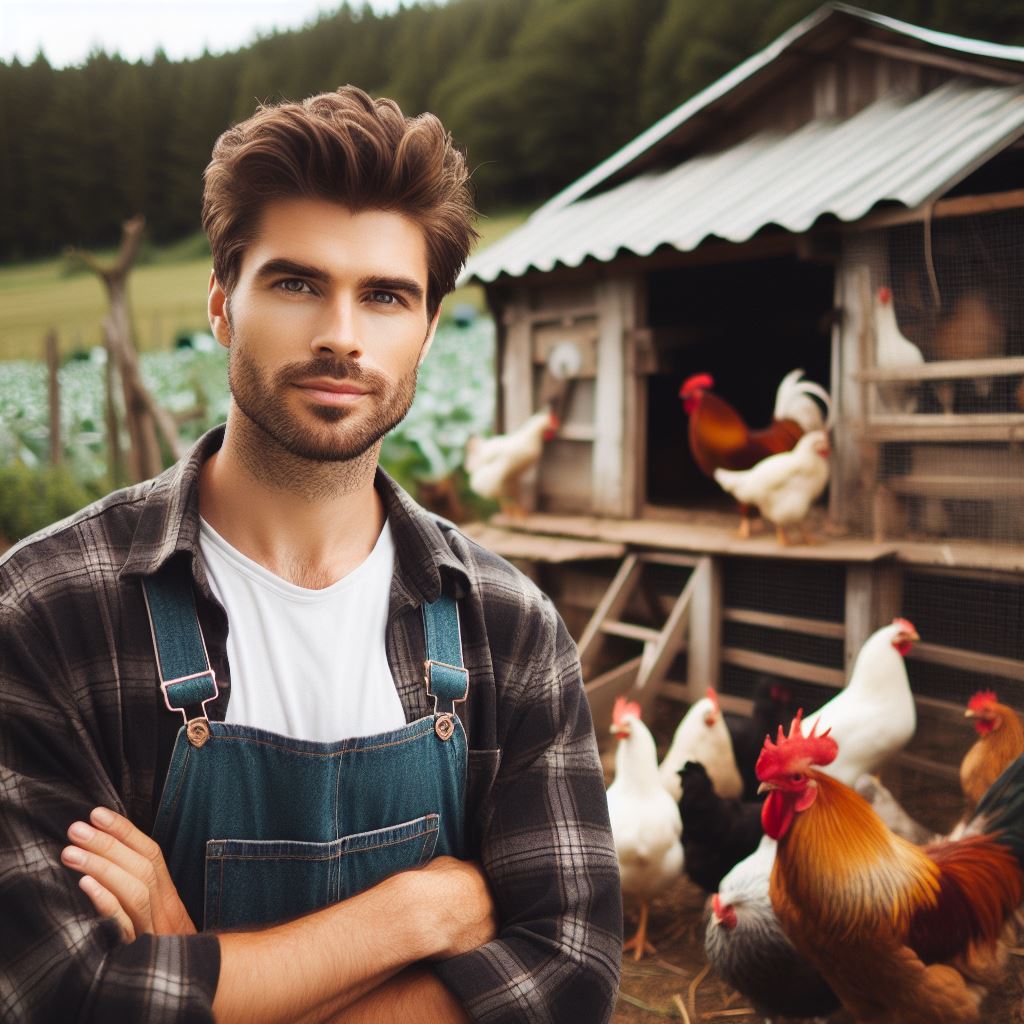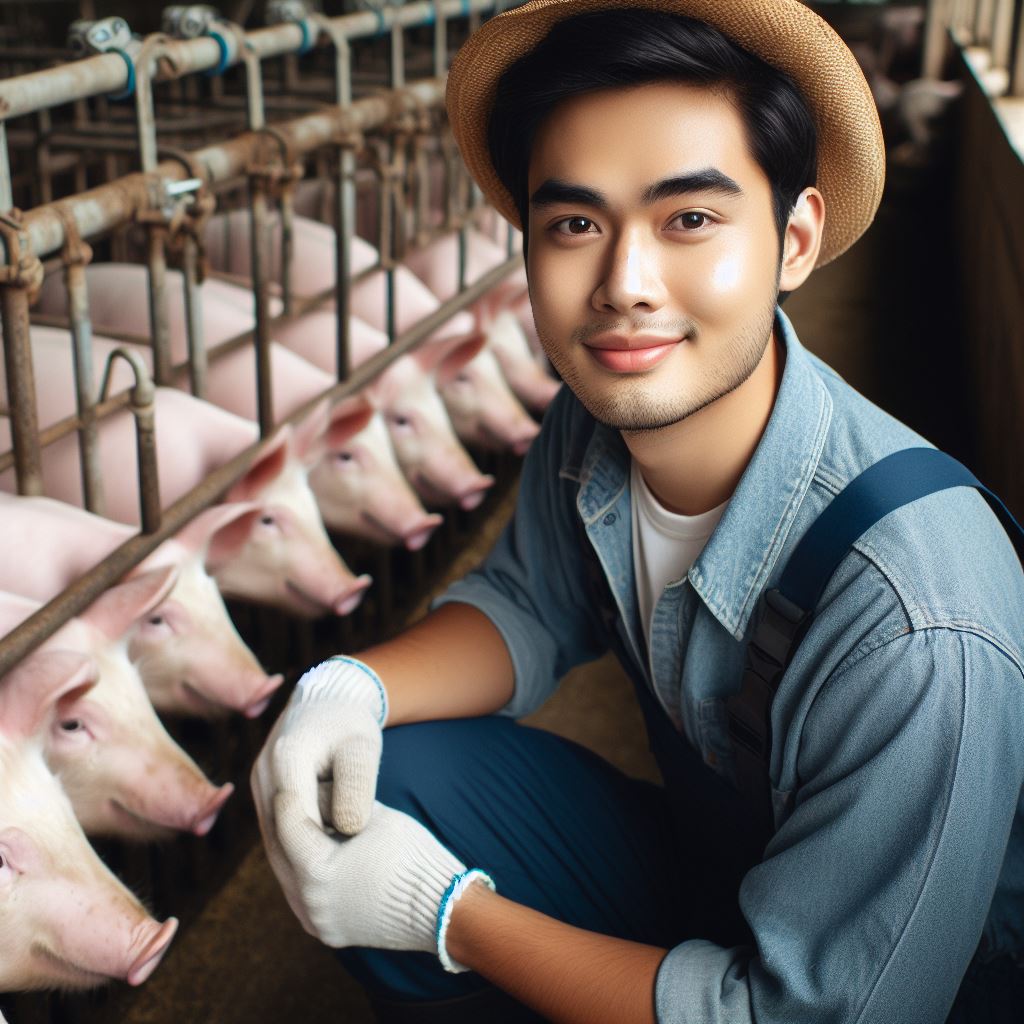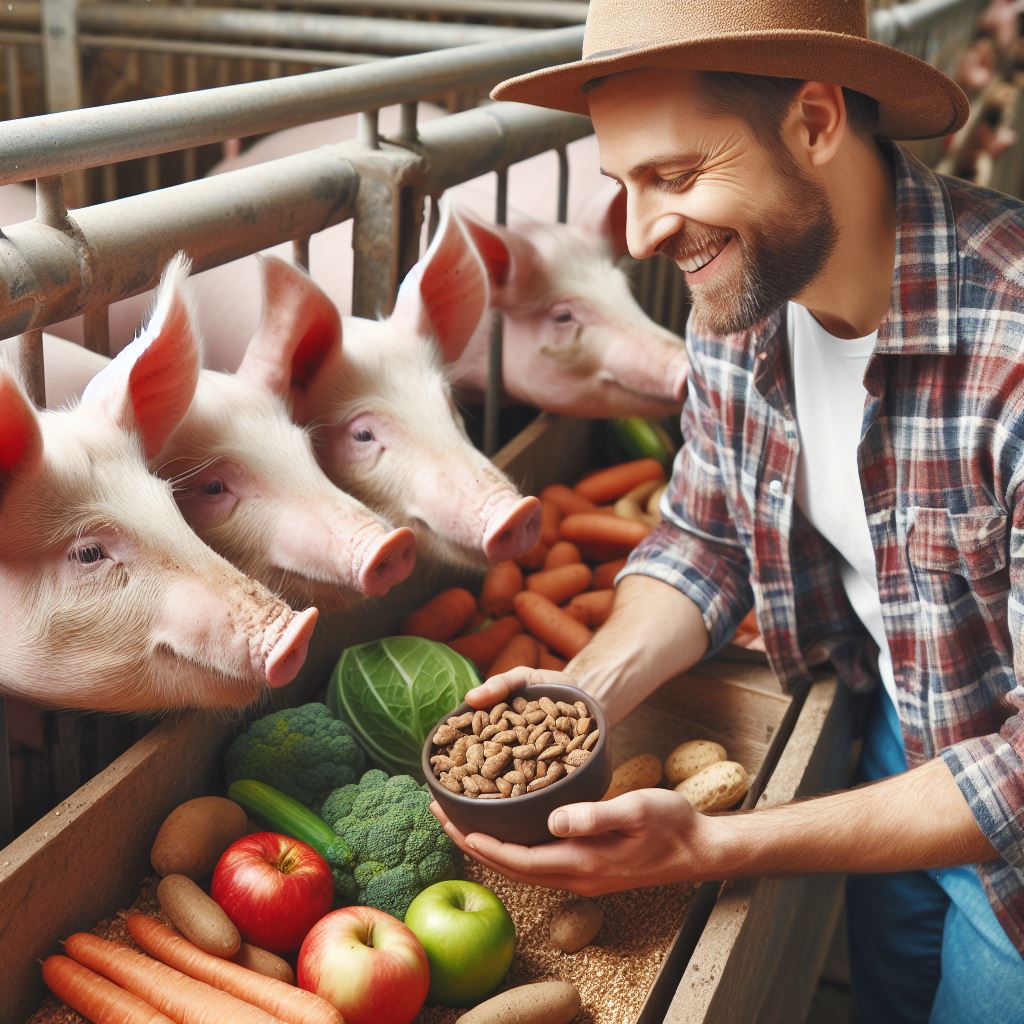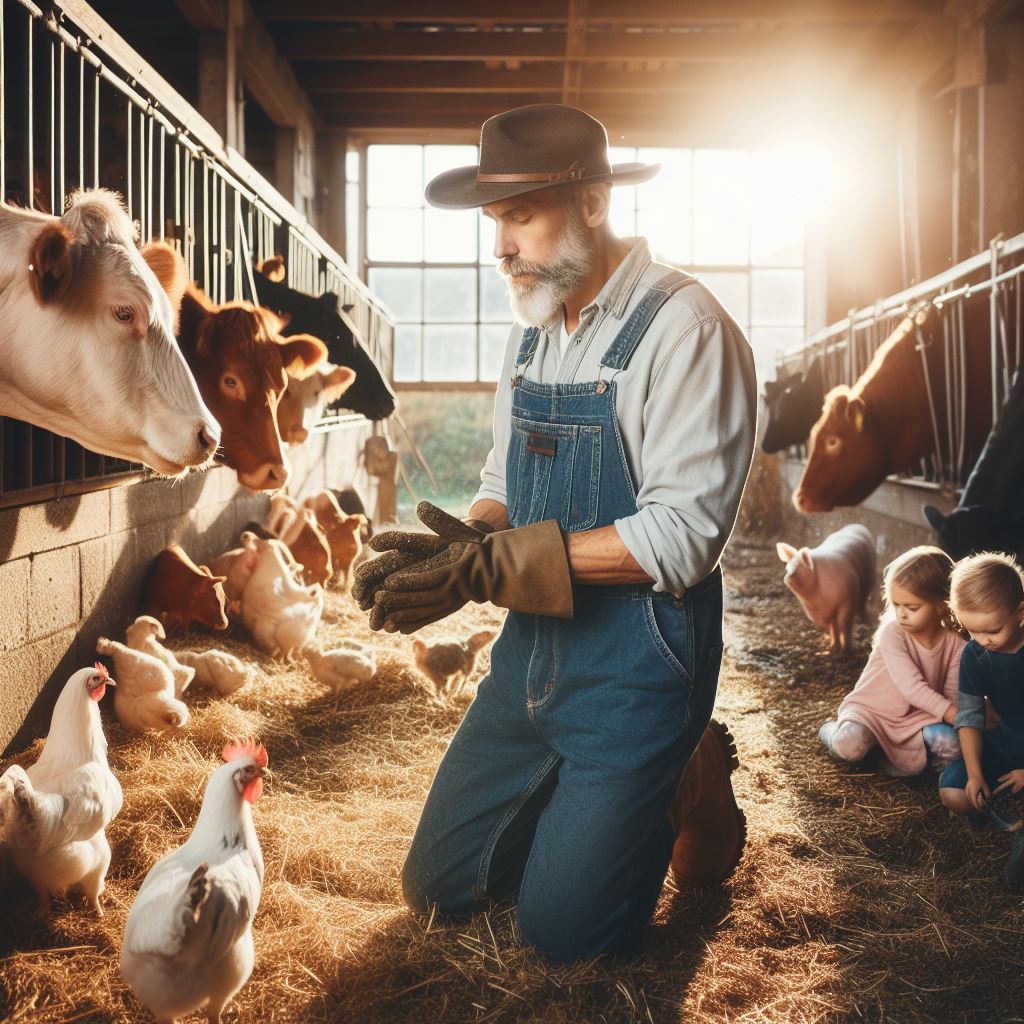Introduction
Brief explanation of the importance of bee genetics
Bee genetics play a vital role in the success of a hive, impacting its health, behavior, and productivity.
Understanding bee genetics allows beekeepers to make informed decisions regarding breeding and colony management practices.
Overview of the topic: strengthening your hive through bee genetics
In this section, we will delve into the significance of bee genetics and how they can be utilized to strengthen your hive.
By selectively breeding and selecting for desirable traits, you can potentially enhance your hive’s ability to thrive and adapt to its environment.
An understanding of bee genetics allows beekeepers to identify and propagate traits that are beneficial to their hives.
For instance, traits such as disease resistance, increased honey production, docility, and overwintering ability can be selectively bred for within a colony.
By focusing on bee genetics, beekeepers can also play a role in supporting the conservation of local bee populations, ensuring their adaptive traits are preserved.
This can contribute to the overall health and sustainability of bee colonies, as well as the pollination services they provide to ecosystems and agriculture.
In general, bee genetics are a fundamental aspect of beekeeping, offering an opportunity to strengthen hives by selectively breeding for desirable traits.
With an understanding of bee genetics, beekeepers can make informed decisions to improve the health, productivity, and adaptability of their colonies.
Bee Genetics 101: Understanding the Basics
Definition of bee genetics
Bee genetics refers to the study of the genes that determine the inherited characteristics of honeybees.
Honeybee DNA and the different genes
- Honeybee DNA contains tens of thousands of genes that are responsible for various traits.
- Genes control physical attributes such as body size, color, wing shape, and even behavior.
- Some genes are responsible for important functions like honey production or resistance to diseases.
- Each individual honeybee has a unique combination of genes inherited from its parents.
- Through genetic analysis, researchers can identify specific genes that contribute to certain traits.
- Genes can vary in their dominance, with some traits being governed by a single dominant gene and others by multiple genes.
- Understanding the different genes in honeybees is crucial for breeding programs and studying population dynamics.
The role of genes in determining bee characteristics
- Genes play a significant role in shaping the physical and behavioral characteristics of honeybees.
- Physical characteristics, such as the size and shape of their bodies, are determined by specific genes.
- Different genes control the color patterns on their bodies, including the stripes and bands.
- Genes also influence the traits related to foraging behavior, aggression, and communication within the hive.
- Honeybee genes are responsible for traits that enhance their survival and adaptation to various ecological conditions.
- Genes can affect the lifespan of bees, their resistance to diseases, and their ability to produce honey efficiently.
- Understanding how genes interact with the environment can help beekeepers manage their hives effectively.
- Breeding programs can selectively manipulate genes to develop desirable traits and improve hive productivity.
Generally, bee genetics is the study of genes that shape the inherited characteristics of honeybees.
Honeybee DNA contains a vast number of genes responsible for different traits, including physical attributes, behavior, and vital functions.
Genes play a crucial role in determining bee characteristics such as body size, color patterns, foraging behavior, and disease resistance.
Understanding bee genetics is essential for beekeepers and researchers to optimize hive management and breeding programs.
Transform Your Agribusiness
Unlock your farm's potential with expert advice tailored to your needs. Get actionable steps that drive real results.
Get StartedBy manipulating specific genes, beekeepers can breed bees with desirable traits, ultimately strengthening their hives.
Read: Optimal Goat Feed: Balancing Nutrition and Health
The Impact of Bee Genetics on Hive Health
A strong and healthy hive is crucial for the sustainability and productivity of bee colonies.
The genetics of bees play a significant role in determining the overall health and well-being of the hive.
This section explores the various ways in which bee genetics can affect hive health.
Strong Genetics and Resilience against Diseases
- Bee colonies with strong genetics have a better ability to resist and overcome diseases.
- Genes that confer resistance to common diseases, such as Varroa mites or American foulbrood, are highly desirable.
- Through selective breeding, beekeepers can promote the propagation of these resistant genetics.
- Strong genetics contribute to the overall health and longevity of a hive, reducing the need for chemical treatments.
Diverse Genetics for Productivity and Adaptability
- Hives with diverse genetics are more adaptable to changing environmental conditions and stressors.
- A diverse gene pool allows for increased adaptability to different climates and flowering seasons.
- Bees with varied genetics are better equipped to handle environmental changes, such as pesticide exposure.
- Higher genetic diversity often results in increased productivity and more efficient foraging behavior.
Genetic Factors Influencing Honey Production and Quality
- Genetic factors can directly impact a hive’s honey production and the quality of the honey produced.
- Some bees have genetic predispositions for increased honey production and more efficient nectar collection.
- Genetic traits such as hygienic behavior can influence the cleanliness and purity of the stored honey.
- Beekeepers can selectively breed bees with desirable genetic traits to enhance honey production and quality.
Most importantly, bee genetics play a vital role in the overall health and productivity of a hive.
By selecting and breeding bees with strong genetics, beekeepers can enhance the resilience of their colonies against diseases.
Additionally, diverse genetics increase adaptability and productivity, allowing bees to thrive in different environments.
Genetic factors also influence honey production and quality, providing beekeepers with opportunities to improve their yields.
Understanding and harnessing the power of bee genetics is essential for fostering healthy and thriving bee colonies.
Read: Best Feed Types for Beef Cattle: A Nutritional Guide
Practices for Strengthening your Hive through Bee Genetics
Selective breeding: choosing the right bee stocks
- Select bees with desired traits such as high honey production, disease resistance, and temperament.
- Choose bee stocks that are suitable for your geographical location and climate.
- Consider the genetic history of the bee stocks and their performance in other beekeepers’ hives.
Importance of genetic diversity and hybridization
- Genetic diversity increases the overall health and resilience of your hive.
- Introduce new genetic material through controlled hybridization to enhance desirable traits.
- Avoid excessive inbreeding to prevent the accumulation of detrimental genetic traits.
Recognizing and selecting desirable traits
- Disease resistance: Identify bees that show resistance to common bee diseases like Varroa mites and American foulbrood.
- Hive productivity: Look for bees that have high population growth, efficient foraging behavior, and good honey storage capabilities.
- Honey quality: Choose bees that produce honey with desirable attributes such as color, taste, and texture.
The role of queen rearing in hive improvement
- Raise queens from the best-performing bee stocks to preserve and spread desirable genetic traits.
- Implement queen rotation to prevent inbreeding and maintain a healthy genetic diversity within the hive.
- Select grafting or natural queen rearing methods based on your resources and beekeeping goals.
Implementing these practices can significantly strengthen your hive’s genetics, leading to healthier and more productive bees.
By selectively choosing bee stocks and considering their genetic diversity, you can enhance your hive’s resilience against diseases and environmental challenges.
Recognizing desirable traits and focusing on queen rearing further improves the overall quality of your hive.
With proper attention to bee genetics, you can create a strong and thriving bee colony that benefits both the bees and your beekeeping business.
Read: Duck Health Management & Disease Control
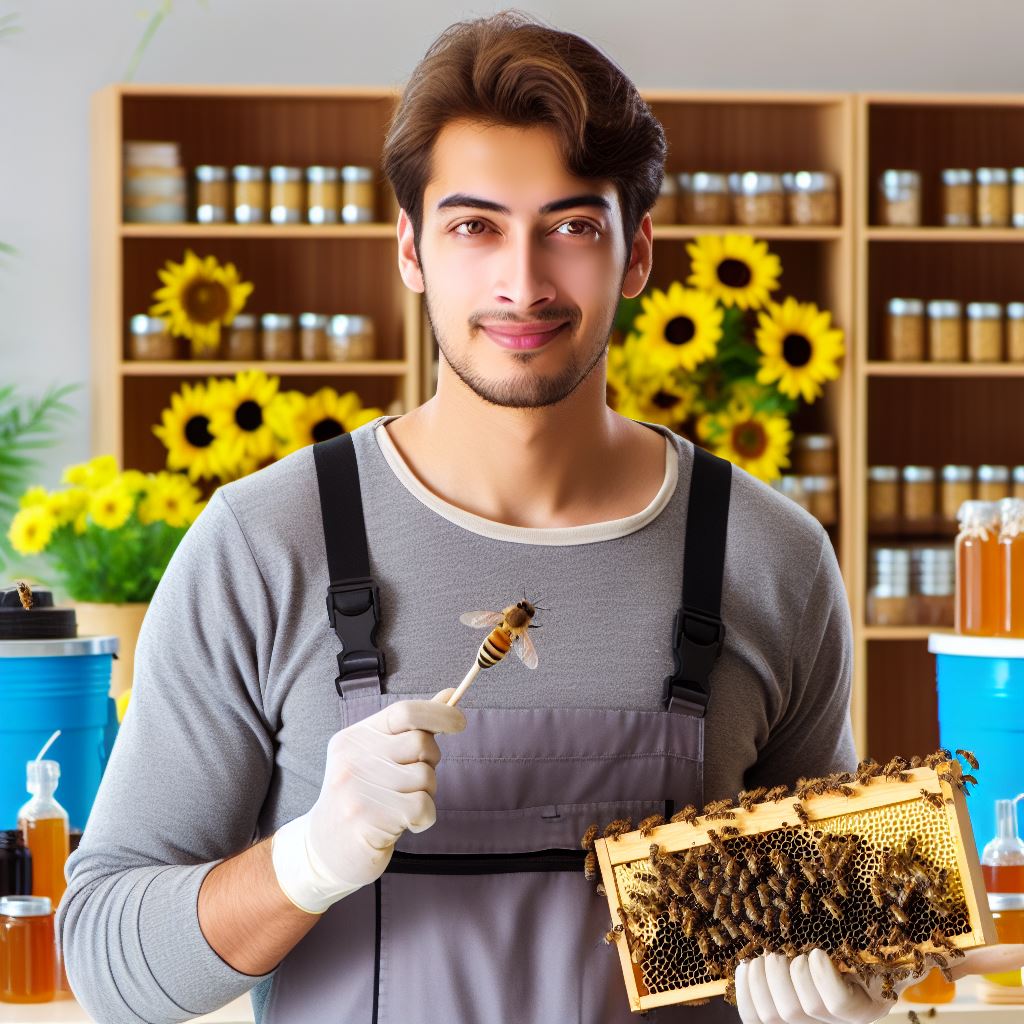
Learn More: Top Livestock Management Tips from Expert Farmers
Tools and Techniques for Assessing Bee Genetics
The use of DNA testing in beekeeping
DNA testing has become a valuable tool for beekeepers to assess and understand the genetics of their colonies.
This technique allows beekeepers to identify the specific genetic composition of their bees accurately.
By analyzing the DNA, beekeepers can determine the number of subspecies present in the hive.
DNA testing also helps identify the presence of undesirable traits, such as aggression or susceptibility to diseases.
Using this information, beekeepers can make informed decisions regarding breeding and hive management.
It enables breeders to select colonies with favorable genetic traits for breeding programs.
DNA testing is vital in preserving genetic diversity and reducing inbreeding within bee populations.
Showcase Your Farming Business
Publish your professional farming services profile on our blog for a one-time fee of $200 and reach a dedicated audience of farmers and agribusiness owners.
Publish Your ProfileWith DNA testing, beekeepers can ensure the long-term health and productivity of their hives.
Identifying heritage genetics and their advantages
Identifying heritage genetics in bees is crucial for understanding the unique traits and advantages they possess.
Heritage genetics refer to the genetics that have been maintained or preserved over several generations.
These genetics carry specific adaptations to local environments, making them well-suited for survival.
Beekeepers can identify heritage genetics by studying the historical origin and lineage of their colonies.
Heritage genetics often promote desirable traits like resistance to pests and diseases.
Bees with heritage genetics may also exhibit increased honey production and overall hive productivity.
By identifying colonies with heritage genetics, beekeepers can selectively breed and propagate these advantageous traits.
Preserving heritage genetics ensures the conservation of valuable traits and diversifies the genetic pool of bee populations.
Collaborating with expert bee breeders for genetic improvement
To strengthen the genetics of their hives, beekeepers can benefit greatly from collaborating with expert bee breeders.
Expert breeders have extensive knowledge and experience in selectively breeding bees for desirable traits.
They can provide valuable insights into genetic improvement strategies, maximizing hive productivity.
Expert bee breeders can help identify colonies with superior genetic traits that align with the beekeeper’s goals.
By incorporating these genetics into their breeding programs, beekeepers can optimize the performance of their hives.
Collaboration with expert bee breeders also allows beekeepers to access a wider range of genetic resources.
Through this partnership, beekeepers can learn new techniques for selecting and breeding bees effectively.
Ultimately, collaborating with expert bee breeders can lead to significant advancements in the genetic improvement of bee colonies.
Basically, utilizing tools and techniques for assessing bee genetics is essential for beekeepers seeking to strengthen their hives.
DNA testing provides a precise understanding of the genetic composition and allows for informed decision-making.
Identifying heritage genetics preserves valuable traits and promotes diversity within bee populations.
Collaboration with expert bee breeders brings expertise and guidance, contributing to the overall genetic improvement of bee colonies.
By implementing these tools and techniques, beekeepers can enhance the resilience, productivity, and health of their hives.
Read: 3 Top Smart Feeders for Efficient Cattle Rearing
Challenges and Considerations in Bee Genetics
Balancing genetic improvement and conservation efforts
- Genetic improvement can enhance bee traits, but must be balanced with conservation of naturally adapted genetics.
- Preserving diversity is crucial to maintain a healthy population and reduce vulnerability to diseases and environmental changes.
- Careful selection and breeding programs should aim for increased productivity without compromising genetic diversity.
- Collaboration between beekeepers, researchers, and conservationists can help strike a balance between improvement and conservation efforts.
- Efforts should focus on identifying and conserving locally adapted bee populations to prevent the loss of valuable traits.
Addressing potential issues of inbreeding
- Inbreeding can lead to reduced fitness and increased susceptibility to diseases and environmental stresses.
- Strict breeding guidelines should be followed to prevent excessive inbreeding within honeybee populations.
- Maintaining healthy population sizes and genetic diversity can help limit the negative effects of inbreeding.
- Artificial insemination and controlled mating can be used to introduce new genetic material and reduce the risk of inbreeding.
- Regular genetic monitoring can help detect signs of inbreeding and guide breeding decisions to maintain healthy populations.
The role of natural selection and adaptation in bee genetics
- Natural selection plays a crucial role in shaping bee populations, allowing them to adapt to their local environment.
- Bees with traits that are well-suited to their environment have a higher chance of survival and reproduction.
- Genetic variations can arise through mutations, which provide raw material for natural selection to act upon.
- Adaptation to local conditions helps bees withstand temperature extremes, access resources, resist pests, and survive diseases.
- Understanding natural selection and adaptation can guide breeding efforts to select bees with desirable traits for specific environments.
Overall, bee genetics present unique challenges and considerations that need to be addressed for the well-being and conservation of honeybee populations.
Balancing genetic improvement with conservation efforts is essential to preserve natural adaptations and diversity.
Strategies to prevent inbreeding, such as controlled mating and genetic monitoring, should be implemented to maintain healthy populations.
Additionally, understanding natural selection and adaptation can guide breeders in selecting bees with traits well-suited to their specific environments.
By recognizing and addressing these challenges, we can strengthen our hives and contribute to the overall health and resilience of bee populations.
Conclusion
- Genetic Diversity Matters: Ensuring diverse genetics enhances the hive’s resilience to diseases and environmental changes.
- Selective Breeding Strategies: Employing selective breeding fosters traits like honey production, disease resistance, and adaptability.
- Continuous Monitoring: Regularly assessing hive performance allows beekeepers to identify and address genetic issues promptly.
- Adapting to Challenges: Recognizing genetic weaknesses enables beekeepers to adapt management practices and support hive health.
- Education for Beekeepers: Disseminating knowledge about bee genetics empowers beekeepers to make informed decisions for hive improvement.
- Collaboration in Research: Engaging with scientific research enhances our understanding of bee genetics and informs effective breeding practices.
- Promoting Sustainable Beekeeping: Emphasizing the importance of genetic strength contributes to sustainable and thriving beekeeping practices.
Essentially, a conscientious approach to bee genetics is vital for maintaining healthy hives and sustaining bee populations.

